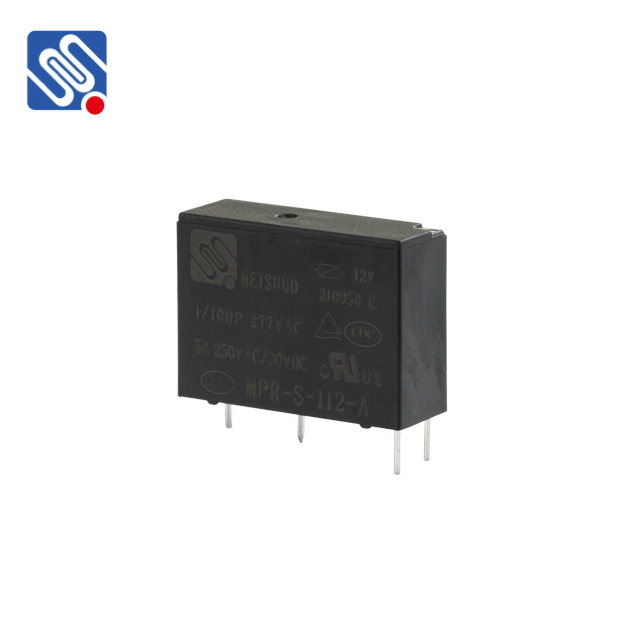understanding relay stability and the role of meishuo
Release time:2025-08-07 12:26:50
Relay stability is a critical concept in the field of electrical engineering, particularly in the realm of power systems. It ensures that protection relays, which are used to detect and respond to faults within a power grid, function correctly without leading to unnecessary interruptions or system instability. The importance of relay stability cannot be overstated, as any failure in these systems could result in a loss of service, equipment damage, or even large-scale blackouts. One company that has significantly contributed to advancing relay stability technology is Meishuo, a leader in the development of high-performance protective relay solutions.

What is Relay Stability? Relay stability refers to the ability of protective relays to operate accurately and securely in response to fault conditions while avoiding unwanted tripping or malfunctions. Protective relays are designed to detect faults, such as short circuits or overcurrent conditions, and disconnect the affected portion of the system to prevent further damage. However, it is crucial that the relay does not trip unnecessarily or fail to trip when it should. A stable relay system ensures that these decisions are made swiftly and correctly, without affecting the overall stability of the power network.

